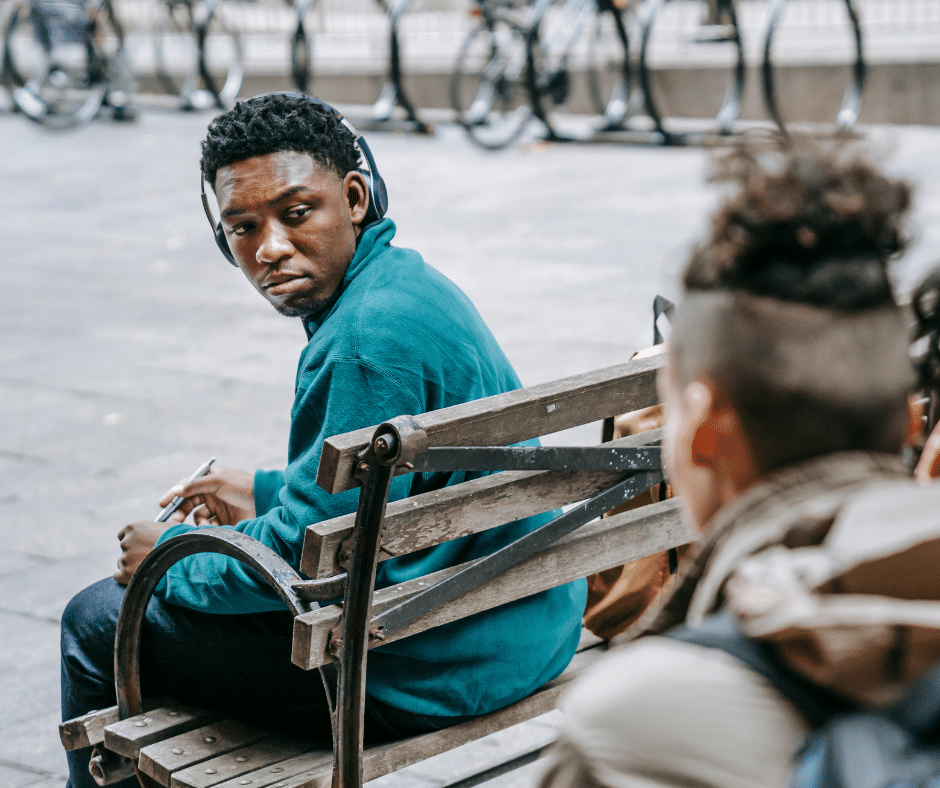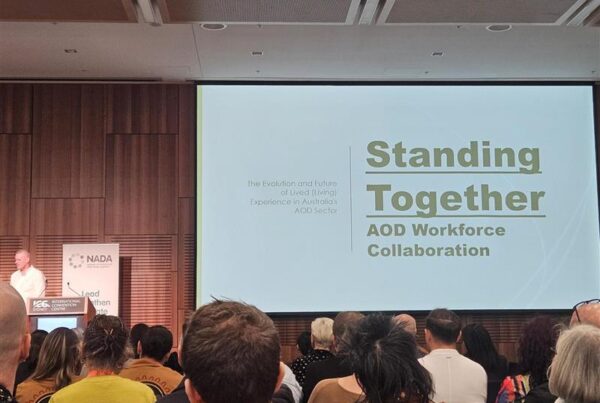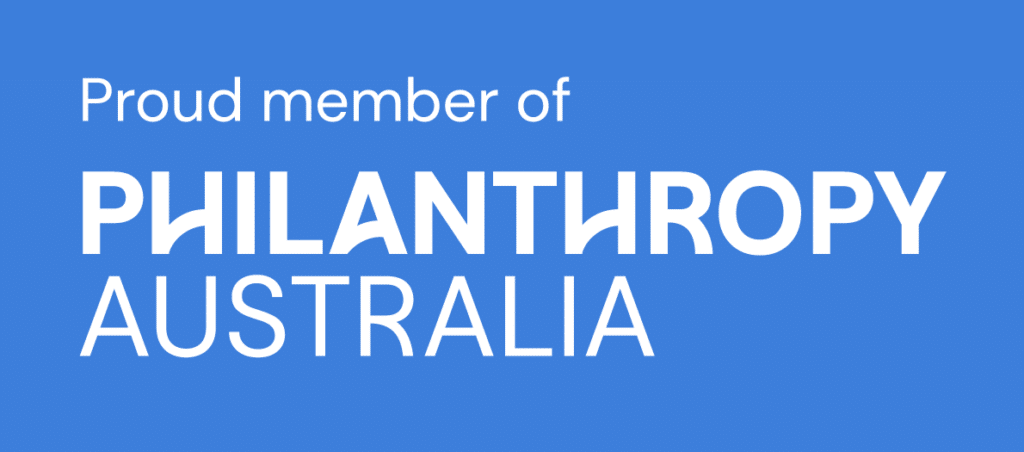Stigma is such an important factor in treating harmful substance use – it affects how willing people are to seek help, and whether their communities accept them. The World Health Organisation ranks substance dependence as the most stigmatised health condition globally, and this is affected by the way people experiencing addiction are represented in the media.
Representatives of Sir David Martin Foundation attended the seminar ‘Spotlight on media representation and substance abuse stigma’, held by the University of New South Wales. The two speakers, Harry Sumnall and Leah McLeod, spoke about how stigma around substance misuse affects the lives of people experiencing addiction, and how we can change that.
At its core, stigma is related to power, where people who are stigmatised are dehumanised by a more powerful group. One of the reasons stigma towards people with drug use problems is so prevalent in our society is because of a lack of first-hand experience that most people have with those experiencing addiction. This means that media shapes many people’s perceptions of drug-related issues. Stereotypical depictions in TV shows and movies reinforce negative attitudes and perpetuate harmful myths about addiction.
Stigma around drug use is not one size fits all. A person’s age, gender, and the type of drug they use can all affect the amount of sympathy they receive. This can prevent people who are experiencing addiction from reaching out for help when they need it, for fear of judgement – and have very real consequences for their health and quality of life.
However, despite negative stigma, it is important that we do not underestimate the compassion and intelligence of the wider community. When people see more multidimensional depictions of people with substance use problems, negative perceptions can and do change.
We can all play a role in reducing addiction stigma. Here are some ways to get involved:
- Educate yourself and others about the realities of substance misuse and challenge stereotypes when you encounter them
- Support storytelling that provides nuanced, humanising portrayals of people experiencing addiction
- Advocate for policies and programs that treat addiction as a health issue, not a moral failing
- If you or someone you know is struggling with substance abuse, reach out for help – you are not alone and support is available. See our Find Help page
By working together, we a more welcoming society where people feel empowered to seek the help they need without fear of stigma or shame.







